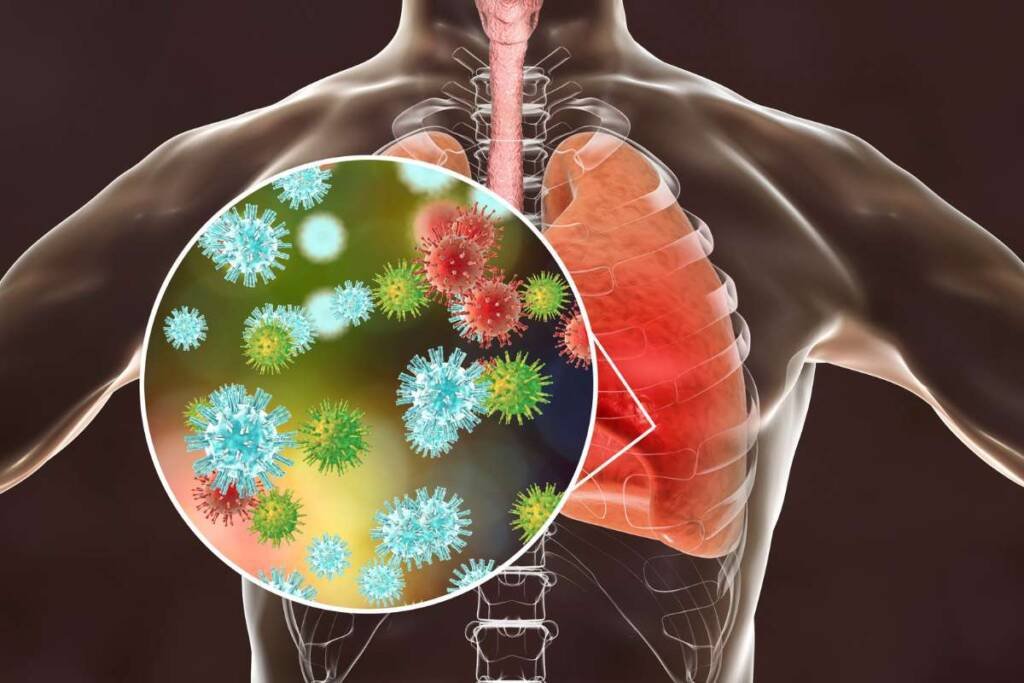The respiratory syncytial virus (RSV) is a common cause of respiratory infections, especially in infants and older adults. It can lead to serious complications such as bronchiolitis, pneumonia and even death. There is no specific treatment for RSV infection, and until recently, there was no vaccine available either.
However, 2023 has been a breakthrough year for RSV prevention, as two new vaccines have been approved by the US Food and Drug Administration (FDA) and the European Medicines Agency (EMA), and another one is on the verge of approval. Moreover, an existing antibody that was previously approved for high-risk infants has received a new indication to prevent lower respiratory tract disease from RSV in older adults.
A market analysis by GlobalData, a leading data and analytics company, has predicted that the RSV market will experience a rapid growth from $1 billion in 2021 to $9 billion in 2029, as these new products will compete for market share and expand the prophylactic population.
The report has identified GSK’s Arexvy as the market leader, with estimated sales of over $2.5 billion by 2029. Arexvy was the first RSV vaccine to get regulatory approval in both the US and Europe, in May and June 2023 respectively. It is indicated for older adults aged 60 years and above, who are at increased risk of severe RSV infection and hospitalization. Arexvy is a recombinant subunit vaccine that contains two antigens from the RSV fusion (F) protein, which elicits neutralizing antibodies against the virus.
Pfizer’s Abrysvo, which was approved by the FDA in June 2023 but is still awaiting approval in Europe, will be the third-largest player in the market, with projected sales of $1.7 billion by 2029. Abrysvo is also a recombinant subunit vaccine that contains one antigen from the RSV F protein, but it uses a different adjuvant than Arexvy to enhance the immune response. Abrysvo is also indicated for older adults aged 60 years and above.
Moderna’s mRNA-1345, which is still under review by regulators but has initiated a rolling submission to the FDA and other agencies in July 2023, will be a close second to Arexvy, with expected sales of $2.4 billion by 2029. mRNA-1345 is a novel vaccine that uses messenger RNA (mRNA) technology to deliver instructions to cells to produce the RSV F protein and trigger an immune response. Unlike Arexvy and Abrysvo, mRNA-1345 is aiming for a broader indication that includes younger children aged 6 months to 5 years, who are also susceptible to severe RSV infection and account for most of the hospitalizations due to the virus.
AstraZeneca and Sanofi’s Beyfortus, an antibody that was originally approved in 2014 for high-risk infants under the brand name Synagis, has received a new approval in July 2023 to prevent lower respiratory tract disease from RSV in older adults aged 65 years and above. Beyfortus is a monoclonal antibody that binds to the RSV F protein and prevents the virus from infecting cells. Beyfortus will also have a substantial share of the market, with forecasted sales of $1.27 billion by 2029.
“The RSV market is set to become a major area of competition for pharma companies in the next seven years, as they try to capture the prophylactic market before the fall season, when RSV infections peak,” said Jasper Morley, drugs intelligence analyst at GlobalData, in a press release.
“The competition will be intense, and the companies that can offer additional benefits, such as geographic or maternal vaccination, will have an advantage and a better position in the market. Geographic vaccination refers to targeting regions where RSV infection occurs year-round or has different seasonal patterns than in temperate climates. Maternal vaccination refers to immunizing pregnant women to protect their newborns from RSV infection during their first months of life.”





























